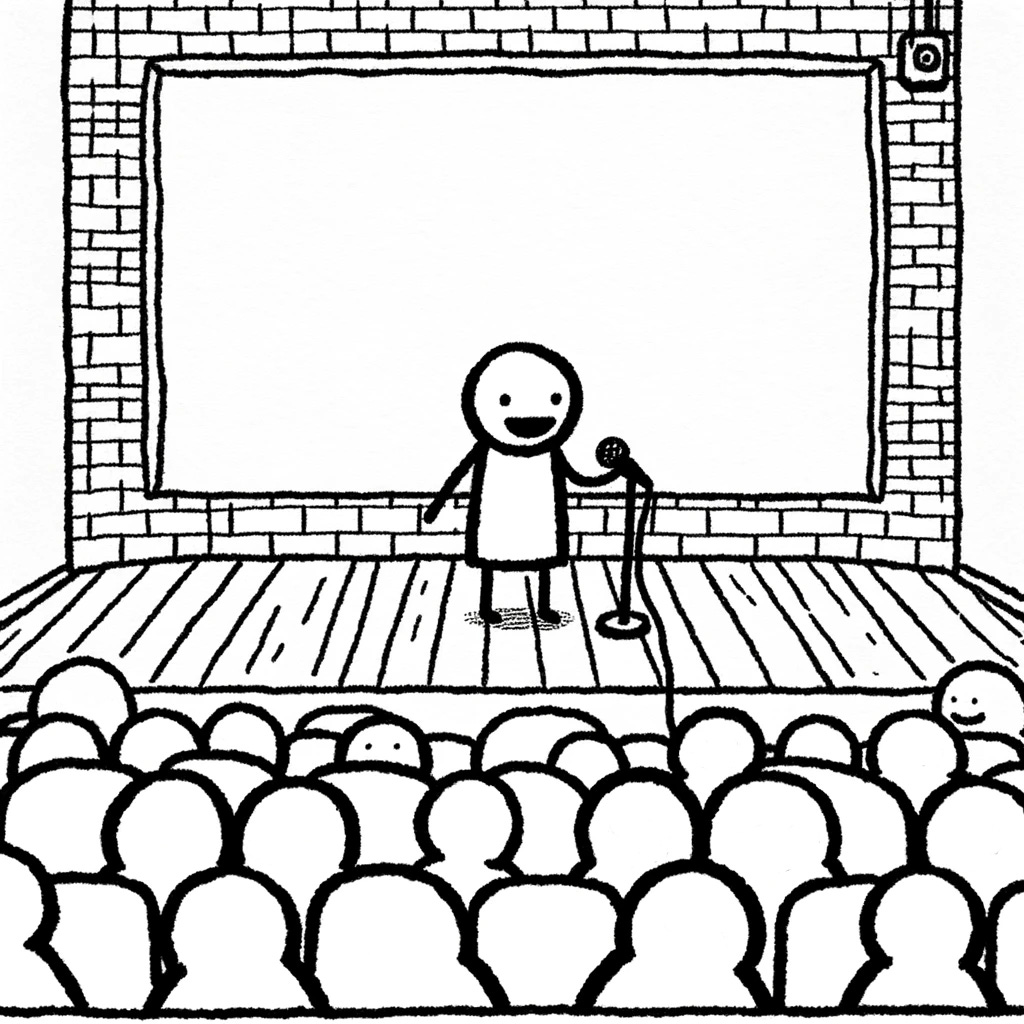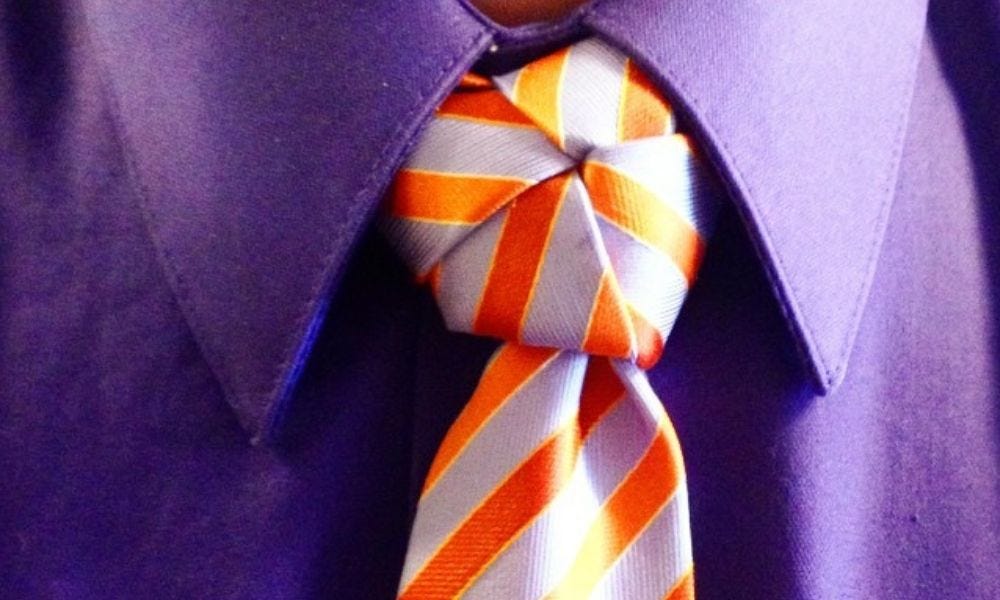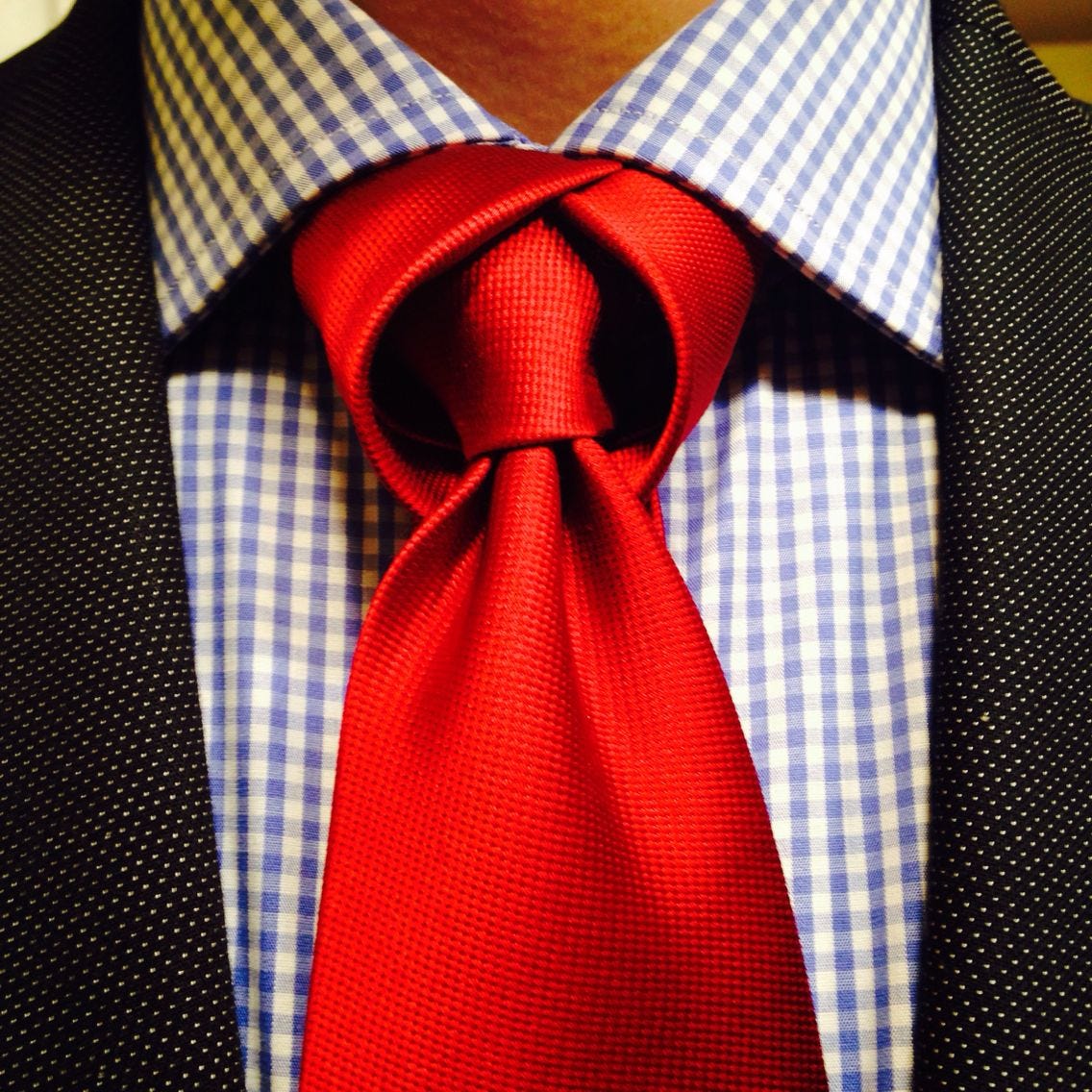A call-back is when a comedian brings back a joke or concept that was used earlier in the set. Our brains tend to like patterns, and repeating a pattern in a new context can cause laughs. Improvisers call this “game”, and in the improv world it’s known there are some game ideas that work better than others. The ideas that work better tend to be more emotional and relatable and that is true of any type of comedy.
Callback! —>
Like any comedy technique call-backs tend to get overused, and can come across as hacky and tenuous. It’s the classic mistake where a comedian sees a more experienced comedian using a particular technique, then they surmise if they use this same technique it will make their weak material funnier. Buddy, I didn’t want to hear that joke about your balls the first time, and now I have to relive it!? It’s never structure that makes a set funny, it’s almost always authenticity coupled with great jokes.
I have an article about my dislike of structure right here:
In his “New in Town” stand-up comedy special, John Mulaney tells how, when he was 10, he was in love with his babysitter, who he thought was much older. But as an adult, he discovered she’d been only 13 at the time of his crush.
That his parents would have hired someone so young makes him indignant. “It would be like you’re going out of town for a week,” he says, “and you hire a horse to watch your dog.”
Big laugh.
Much later in the show, he talks about going to a high school party where the host’s parents were gone and everybody drank too much and did risky things: “We were like dogs without horses!”Huge laugh, followed by applause, even though the line, on its own, wouldn’t be especially funny or even clear.
https://niemanstoryboard.org/stories/foreshadow-forward-echo-back
My favourite call-backs are what I call “personality call-backs”. If you think about what you and your friends laugh about together, it’s usually when one of your friends does something that is “so them”. For example I had an OCD student who starts her set with a lot of OCD jokes, so later on when she’s saying someones tie knot being too large was a “red flag”, it just works.
To make a good call-back the audience needs to have made an emotional connection with the material in the first place, and/or it just needs to have been very funny. A good call-back needs to have been earned.
It’s important that you don’t plan to make a call-back, because your audience can usually feel that you are setting something up. A good call-back is discovered, not invented.
One of the only types of structural advice I give to comedians is to start your set with a lot of “I” observations. I’m neurotic, I’m lazy, I’m a huge homo - whatever it is, because these “I” statements can form natural call-backs later on. Call-backs aside, we need to know what kind of a person you are in order to receive your material in the way it was intended to be received.
As you gain more experience as a comedian you’ll start to notice patterns more easily. In class I’ll always get a stab of excitement when a students mentions something in their set they might be able to call-back later on.
For a call-back to work well it should follow these rules:
Earn the call-back.
The first instance can’t be a casual comment, it needs to have been very funny & true. “I” statements, and self-deprecation jokes are great like this.Leave enough time.
There needs to have been enough time between iterations that the call-back is now surprising. Let the audience forget about about previous iteration by placing material of a different subject in-between. However too much time between call-backs and the audience might have forgotten the original instance.No call-back is better than a weak call-back
Your audience just want to laugh and aren’t impressed by cheap parlor tricks. If your call-back isn’t working well just drop it.Beat the game to death
Sometimes a call-back is so bad that we need to hear it again and again :-)









dear caroline,
thanks for writing this! great post, as always! very thoughtful analysis of callbacks!
i have found in my years of doing comedy that, for me, often the best callbacks arise organically. sometimes i'm doing mainly shorter sets and then when i do a longer one, i find that some jokes from different shorter sets go together in ways that i hadn't discovered yet.
in fact, when i recorded my Dry Bar special (which i was doing as a kind of "greatest hits" including jokes from 5 different albums i'd released between 2010 and 2020), i found a connection between a joke that was on my 2010 album and a different joke in a 2014 special, and a new beautiful callback arose in that moment between jokes that had never even been in the same set!
in that way, for me, the best callbacks are Found more than Made. Discovered more than Manufactured. Curated more than Created.
now just to wait for the perfect callback to arise to end this comment...
...
...
...
ok maybe i'll come up with it in 4 years. stay tuned! thanks again! <-- a callback to my original thanks? (no)
love
myq
In movies and TV, this is known as a "running gag".